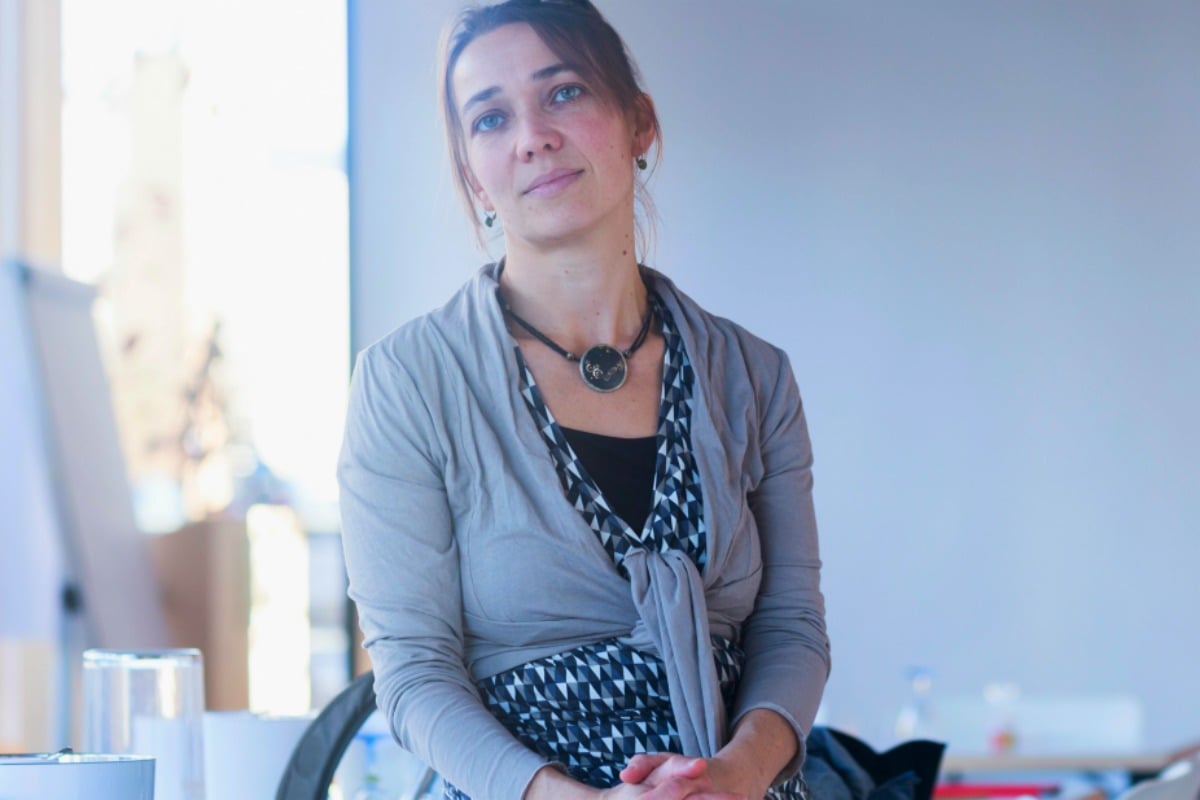
The phenomenon of ‘concierge parenting’ is one teachers in primary and high schools around Australia are likely very familiar with.
It refers to the practice of parents acting as a ‘concierge’ for their children – sitting and waiting for any problems they might encounter, ready to remedy the situation immediately.
It’s the parent who rings the school to get their child out of detention, or, as in one example shared in a column published in The Sydney Morning Herald, offers to do the detention for their child.
According to David Gillespie, author of Teen Brain, this type of parenting is “something parents do to remove all negative natural consequences for a child, which is unhelpful as natural consequences are the most effective way anyone can learn anything.”
As Gillespie explained, “it means schools are operating defensively. Teachers are worried there’s going to be parent in the office by the end of the day, because their child has been made to suffer a natural consequence. So, they’re more likely to put up with bad behaviour.”
So – how does concierge parenting actually affect how teachers perform their role? And what impact does this behaviour from parents have on their wellbeing?
Claire, a teacher from Sydney: it creates more work.
“The concierge parenting phenomenon does start young, but I have seen it most intensely when teaching students at HSC level.
“Having taught at independent schools in Sydney’s Eastern Suburbs and North Shore, you can see the significant financial investment that parents make in their children’s education.
“So, when students received assessment task results they or their parents weren’t happy with, the teacher was often blamed, or asked to reassess the mark. One assessment task might be worth 10-20% of one subject for the year, but parents can see a poor mark in one task as ruining their child’s whole HSC.


Top Comments
It is ironic, as it seems some teachers have the same hypersensitivity and lack of resilience themselves and cannot handle ANY criticism or feedback. They have to come to terms with the fact that their conduct is not perfect and they will be called out on it. Yes, some bogans no doubt take it too far, but in some cases the concerns are no doubt legitimate. For example, if there is severe bullying, these teachers expect parents to have students just deal with it themselves? I wonder how that will impact on their schooling, their mental health and possibly their suicide risk? Sometimes, kids legitimately need support.
You're assuming 'bogans' are the nightmare parents that the author speaks of
Teachers complain about concierge parenting yet they expect parental involvement at school far more than ever before. Parents want to give their kids space but are guilted into attending school events and activities constantly.
Also, parents staying out of their children’s difficulties at school is great in theory but in practice, teachers are inconsistent and unfair in how they treat students and don’t always keep up with education around modern approaches to childhood development. At both my children’s schools, teachers blatantly play favourites and constantly overlook quieter kids. Parents I know who have studious quieter kids are constantly having to advocate for their kids because teachers always pick the loud ones (or their own) for leadership roles despite the loud ones often being poor role models and school bullies. Teachers also love to separate the quiet ones from friends to ‘bring them out of their shell’ as if it’s still the 1950’s, which is just unacceptable, damaging and ignorant of the latest approaches to embracing introversion in children.
Teachers act like they’re the experts on everything including your child, which parents no longer accept or tolerate. I also personally don’t understand why teachers would think they have expertise in preparing kids for the workforce when most of them have never been in it. A bit like Catholic priests giving marriage advice.
I would happily allow my children to navigate the school system without my input but I am so consistently disappointed in the approach of teachers that I have to help my kids get a fair go.
When my child is wrong she knows there are consequences.. But when I hear my child is blatantly wronged by a teacher & shut down when she respectfully wants to express her opinion and give herself a voice and a right of reply there is seems to be no mutual respect from some teachers... Therefore I have to step in and protect my child and let her have a voice... I pick my battles... To many teachers big egos & arragant not listening and not treating students to there individual personality, thinking there above the students and tarring all students with the bad attitude brush.. The whole class being in detention staying in at recess or lunch times, because some students haven't done there home work or few students misbehaving.... Not acceptable if my child is doing the right thing why should she miss out on her breaks, fresh air and food. Some of the things my child tells me in regards to the way some teachers talk/yell is not acceptable.. Even to the point where she said she would like to record it.. Teachers are there to teach and inspire, show kindness, empathy, be firm but nice, be fair, be consistent and be role models..